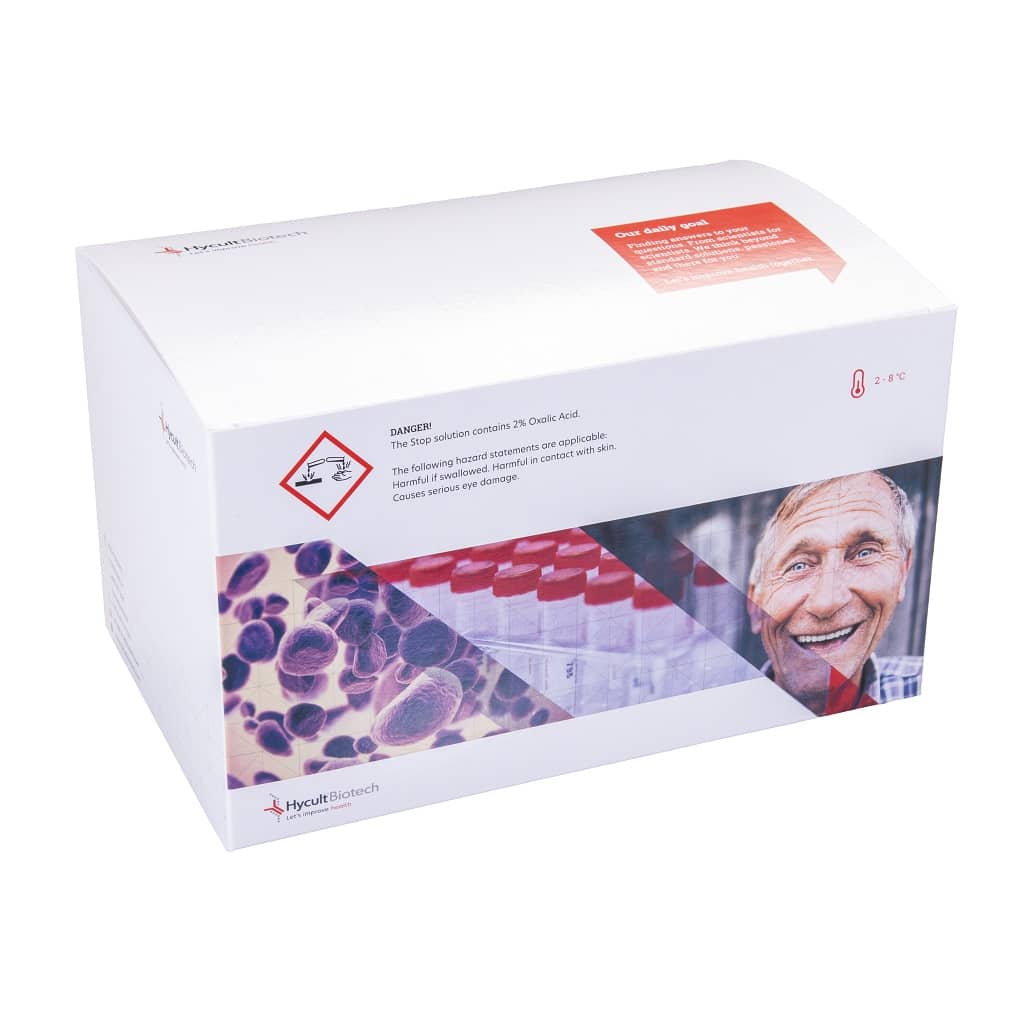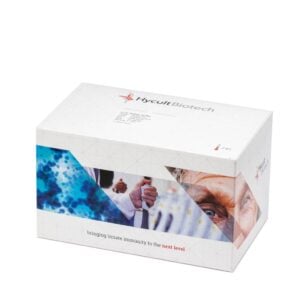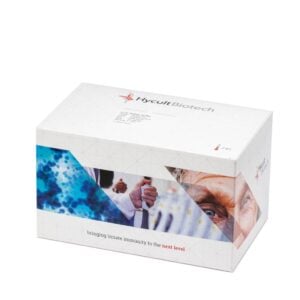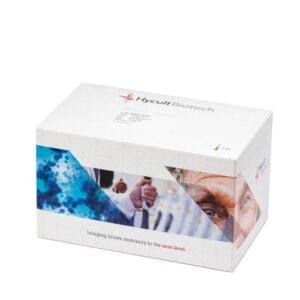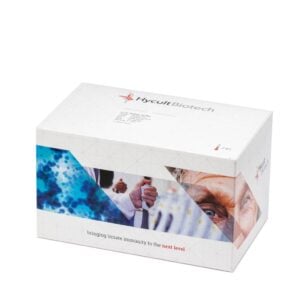Human Cathepsin-G
The Human Cathepsin-G ELISA kit is to be used for the in vitro quantitative determination of Cathepsin-G in plasma and serum samples.
Read more€715.00 €1,025.00Price range: €715.00 through €1,025.00
Cathepsin-G (CatG) is a serine protease originating from human neutrophils. Neutrophils contain four types of granules: azurophilic, specific, gelatinase and secretory granules. Their content is readily available and released in response to infection or inflammation. Azurophilic granules contain proteases, including neutrophil elastase, proteinase-3 and catG, that degrade extracellular matrix proteins. These proteins have a similar structure with a C-terminal α-helix and two β-barrels. Besides their extracellular role, intracellularly they cleave chemokines and cytokines in order to shape the inflammatory response. Independent of its enzymatic activity, catG is chemotactic for monocytes. CatG is predominantly present in neutrophils but has been identified in other mammalian cells like other myeloid cells. Moreover, catG has also been detected in neutrophil traps (NETs) and urine exosomes. The main processes in which catG is involved include, pathogen clearance, regulation of inflammation, endothelial permeability and pathogenesis of some autoimmune diseases like SLE. If there is an imbalance with its inhibitors, like Serpinb1a and Serpinb6a, tissue damage and modulation of inflammation can be induced. CatG is crucial in resistance against infection with Staphylococcus aureus and contributes to protection against several fungal infections. Given the prominent role in inflammation, catG is involved in the pathophysiology of several serious human inflammatory diseases, such as chronic obstructive pulmonary disease (COPD), Crohn’s disease, rheumatoid arthritis, cystic fibrosis and other conditions clinically manifested by excessive inflammatory reactions.
You may be interested in…
-
View product €858.00 €1,413.00Price range: €858.00 through €1,413.00
-
View product €858.00 €1,413.00Price range: €858.00 through €1,413.00
-
MPO, Human, ELISA kit
Cross reactivityBaboon – No, Horse – No, Mouse – No, Pig – No, Rabbit – No, Rat – No, Sheep – NoView product €715.00 €1,171.00Price range: €715.00 through €1,171.00 -
View product €858.00 €1,413.00Price range: €858.00 through €1,413.00
